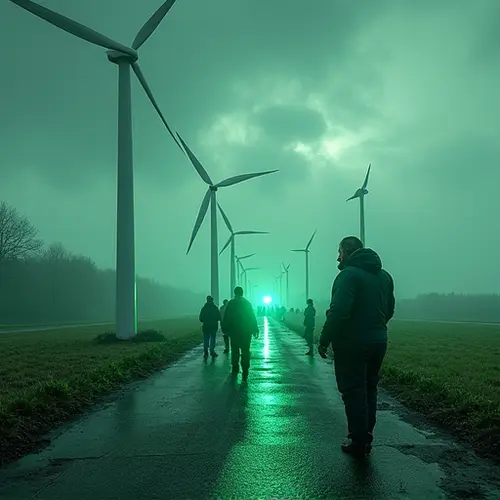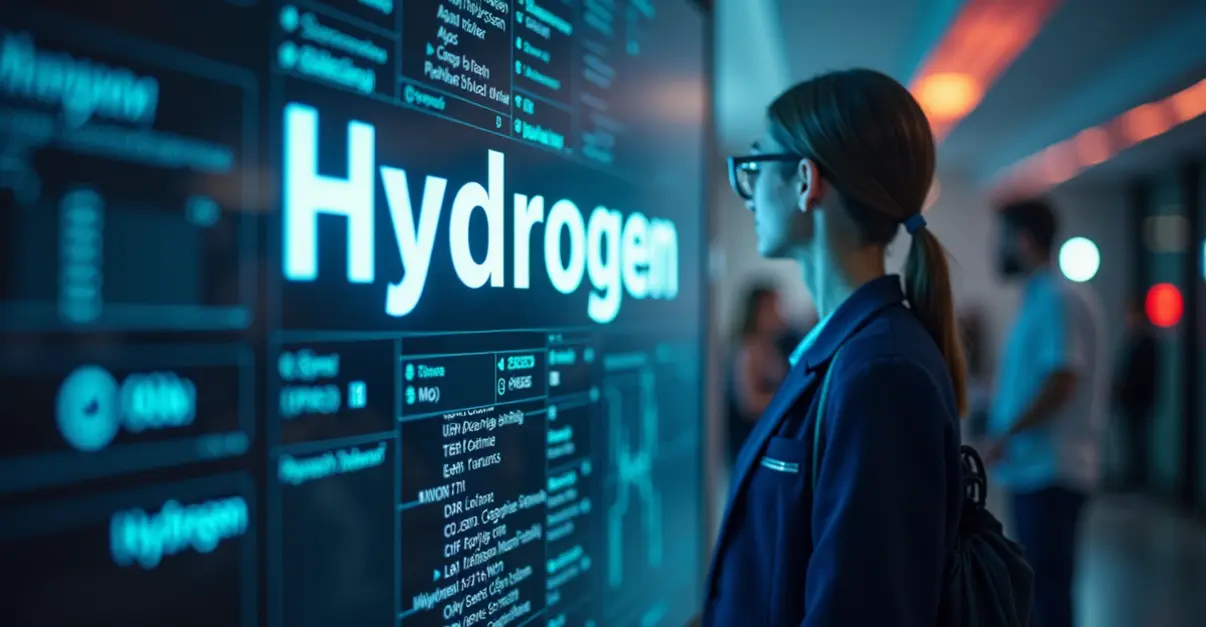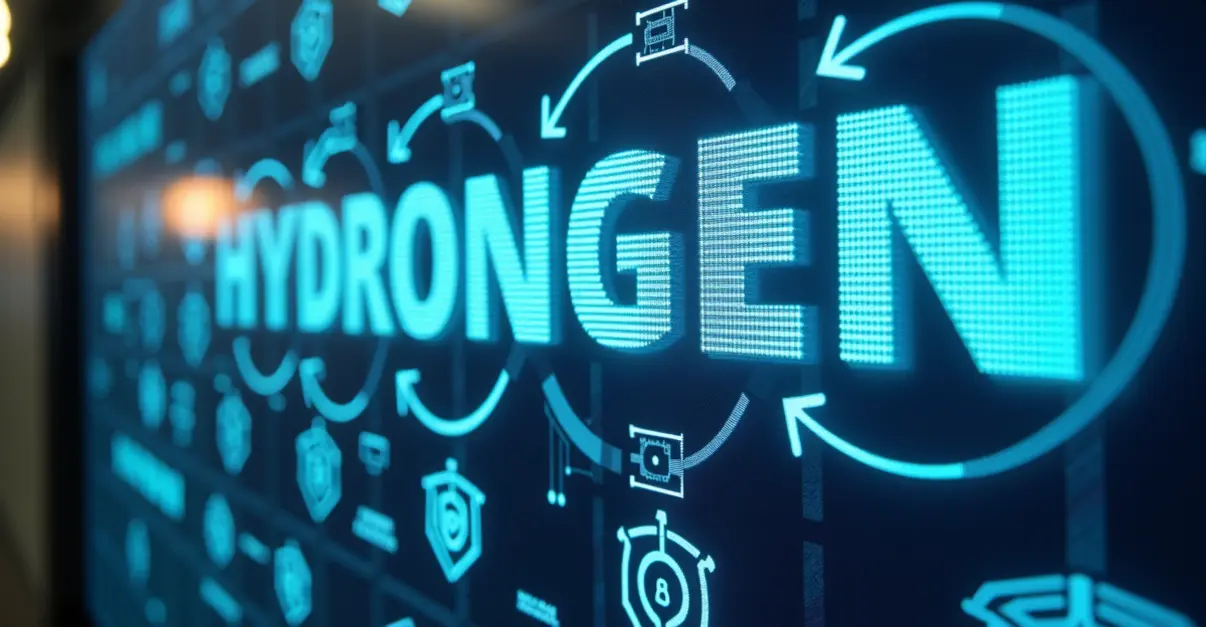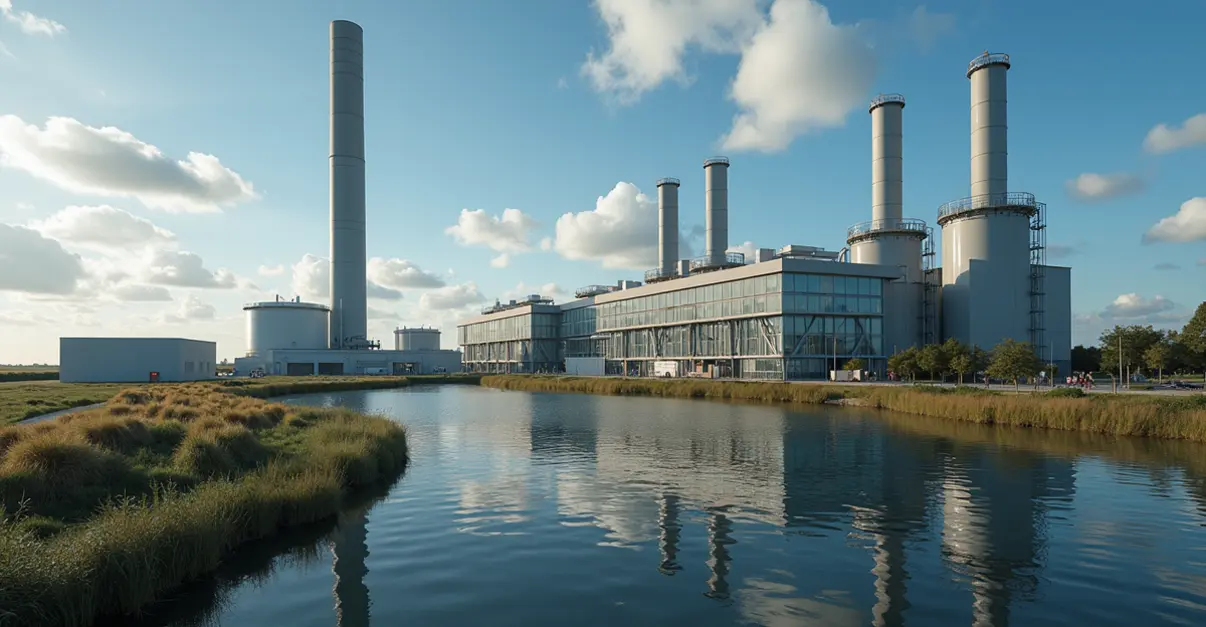Hydrogen fuel cell cars are making a comeback in 2025 with new models and green hydrogen advances, but face infrastructure and cost challenges.

Hydrogen Cars Stage a Return Amid Green Energy Push
After years in the shadow of battery electric vehicles (BEVs), hydrogen fuel cell cars are experiencing a resurgence in 2025. With advancements in green hydrogen production and increased investment in infrastructure, models like the Toyota Mirai and Hyundai Nexo are gaining traction. "We're seeing renewed interest as hydrogen offers long ranges and quick refueling," says an industry expert. However, challenges such as high costs and limited refueling stations persist.
Current Models and Innovations
The Toyota Mirai, first launched in 2014, continues to lead with its second generation setting a world record of 1,360 km on a single tank. Hyundai's Nexo, updated in 2025, features improved efficiency and advanced driver-assistance systems. Honda has also entered the market with the CR-V e:FCEV, available for lease. These vehicles emit only water vapor, positioning them as zero-emission alternatives.
Infrastructure Hurdles
Despite the hype, hydrogen infrastructure remains a bottleneck. As of 2025, there are fewer than 100 public hydrogen stations in the U.S., mostly in California. "Building out refueling networks is costly but essential for adoption," notes a analyst. Governments in Japan and Europe are subsidizing stations to boost availability.
Green Hydrogen: A Game Changer
The shift to green hydrogen—produced via electrolysis using renewable energy—could mitigate carbon emissions associated with hydrogen production. Projects like the Fukushima Hydrogen Energy Research Field in Japan are scaling up production, though costs remain high compared to fossil fuel-based hydrogen.
Market Outlook
While BEVs dominate the electric vehicle market, hydrogen cars cater to niches requiring long ranges and heavy-duty use. Sales are growing slowly, with global FCEV sales exceeding 30,000 units by 2025. "Hydrogen isn't dead; it's finding its place in a diversified energy future," concludes a market report. For more details, visit Wikipedia on Hydrogen Vehicles.

 Nederlands
Nederlands
 English
English
 Français
Français
 Deutsch
Deutsch
 Español
Español
 Português
Português









